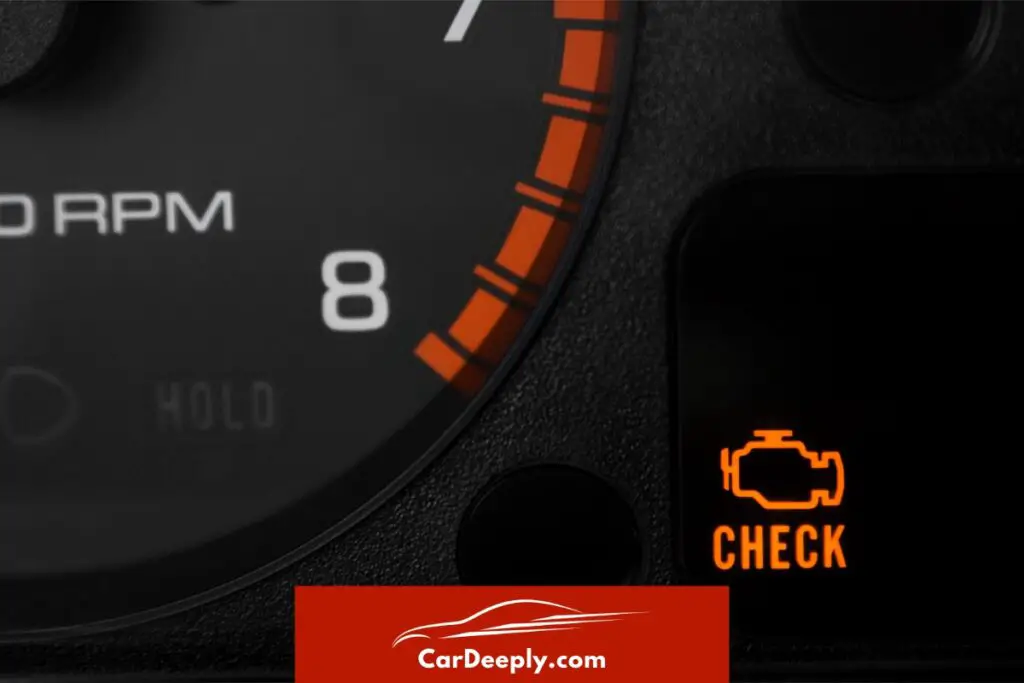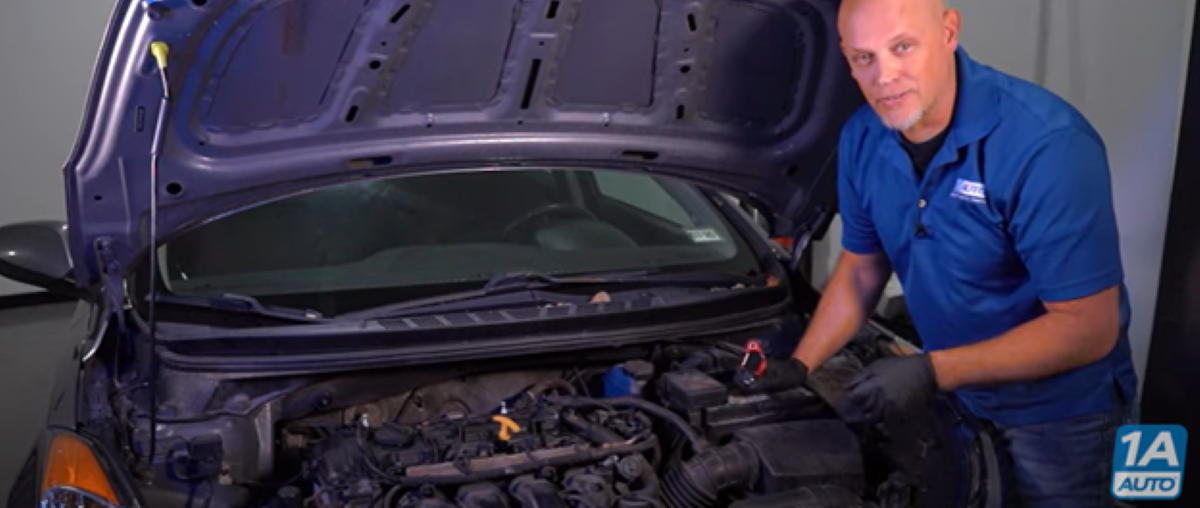So, you're cruising down the road, minding your own business, and all of a sudden, the check engine light starts flashing like a disco ball. Oh, and to make things worse, your car starts shaking like it's auditioning for a dance competition. What's going on? Well, buckle up, because we're about to break it all down for you.
First things first, the check engine light flashing and car shaking combo is not a sign of good news. It's your car's way of screaming, "Hey, something's seriously wrong!" Ignoring these warning signs can lead to some serious damage, so it's important to address the issue ASAP.
Now, I know what you're thinking. "Do I really need to worry about this?" The short answer is YES. This isn't just some random glitch in your car's system. It's a red flag that something is off with your engine, and it could be costing you money in the long run if you don't take care of it. Let's dive into the details so you can diagnose the problem and get your car back in shape.
Read also:Nude Anneliese Van Der Pol The Truth Behind The Rumors And Clickbaits
Why Is My Check Engine Light Flashing?
Alright, let's start with the basics. The check engine light flashing is your car's way of saying, "Hey, there's a problem that could damage my engine if you don't fix it right away." Unlike a steady light, which might indicate a less urgent issue, a flashing light means business. It's usually related to something serious like misfires in the engine or a problem with the catalytic converter.
Here’s the deal: when the light flashes, it typically means there's an issue that could cause catastrophic damage to your engine or emissions system. Don't panic, but don't ignore it either. You need to act fast to avoid expensive repairs down the road.
Why Is My Car Shaking When the Check Engine Light Is Flashing?
Now, let's talk about the shaking part. When your car starts vibrating like it's in an earthquake, it's usually because of a problem with the engine's combustion process. This could be caused by a variety of issues, such as a bad spark plug, a clogged fuel injector, or even a faulty oxygen sensor. All of these problems can lead to misfires, which cause the car to shake.
Shaking while driving isn't just uncomfortable—it can also be dangerous. If your car is shaking badly, it could affect your ability to control the vehicle, especially at higher speeds. So, it's crucial to get it checked out before it becomes a safety hazard.
Common Causes of Check Engine Light Flashing and Car Shaking
There are several reasons why your check engine light might be flashing and your car might be shaking. Let's break them down:
- Spark Plug Issues: Worn-out or faulty spark plugs can cause misfires, leading to the check engine light flashing and car shaking.
- Fuel Injector Problems: A clogged or malfunctioning fuel injector can disrupt the fuel flow, causing the engine to misfire and shake.
- Ignition Coils: If the ignition coils are failing, it can lead to poor combustion, resulting in a flashing check engine light and a shaky ride.
- Catalytic Converter Issues: A failing catalytic converter can cause backpressure in the exhaust system, leading to engine misfires and vibrations.
- Mass Air Flow Sensor Problems: A dirty or faulty MAF sensor can throw off the air-fuel mixture, causing the engine to run poorly and shake.
These are just a few of the most common causes. Each one requires a different approach to diagnosis and repair, so it's important to pinpoint the exact issue before moving forward with any fixes.
Read also:Alice Delish Nsfw The Unfiltered Story You Need To Know
How to Diagnose the Problem
So, you've noticed the flashing check engine light and the car shaking. Now what? The first step is to diagnose the problem. Here's how you can do it:
Step 1: Use an OBD-II Scanner
An OBD-II scanner is your best friend in this situation. This handy tool can read the error codes from your car's computer system, giving you a better idea of what's going on under the hood. You can buy one for around $20-$50 or borrow one from an auto parts store.
Once you've connected the scanner, it will display a code that corresponds to the issue. For example, a P0300 code indicates a random cylinder misfire, while a P0420 code suggests a problem with the catalytic converter. These codes can help guide you toward the right solution.
Step 2: Inspect the Engine
If you're handy with tools, you can perform a visual inspection of the engine. Look for signs of wear and tear, such as cracked or worn-out spark plugs, loose wires, or damaged fuel injectors. Sometimes, the problem is obvious once you take a closer look.
Don't forget to check the fuel lines and air filters. A clogged air filter or a leak in the fuel line can also cause the check engine light to flash and the car to shake.
What Are the Potential Repairs?
Once you've diagnosed the problem, it's time to think about repairs. Here are some of the most common fixes for a flashing check engine light and car shaking:
- Replace Spark Plugs: If the issue is related to worn-out spark plugs, replacing them can often solve the problem. This is usually a relatively inexpensive fix.
- Fix Fuel Injectors: If the fuel injectors are clogged, they may need to be cleaned or replaced. This can be a bit more costly, but it's necessary if you want your car to run smoothly.
- Repair Ignition Coils: If the ignition coils are failing, they'll need to be replaced. This is a more expensive repair, but it's essential for maintaining proper engine function.
- Replace the Catalytic Converter: If the catalytic converter is failing, it will need to be replaced. This is one of the most expensive repairs on the list, but it's necessary to avoid further damage to your engine.
Remember, the sooner you address the issue, the less expensive the repair is likely to be. Ignoring the problem can lead to more extensive damage, which will cost you even more in the long run.
Cost of Repairs
Let's talk about the elephant in the room: money. How much is this going to cost you? Well, it depends on the issue. Here's a rough estimate of what you can expect to pay for each repair:
- Spark Plug Replacement: $100-$300
- Fuel Injector Cleaning/Replacement: $300-$800
- Ignition Coil Replacement: $200-$500
- Catalytic Converter Replacement: $1,000-$2,500
As you can see, some repairs are more affordable than others. However, the longer you wait to address the issue, the more expensive it's likely to become. So, don't delay—take action now!
How to Prevent Future Issues
Now that you've fixed the problem, how can you prevent it from happening again? Here are a few tips:
- Regular Maintenance: Keep up with regular oil changes, air filter replacements, and spark plug inspections. Preventive maintenance is key to avoiding major issues down the road.
- Use Quality Fuel: Always use high-quality fuel and avoid cheap gas stations. The better the fuel, the better your engine will run.
- Monitor Your Car's Performance: Pay attention to how your car runs. If you notice any unusual vibrations or noises, get it checked out right away.
By taking these steps, you can help ensure that your car stays in top condition and avoid future headaches with the check engine light and car shaking.
When to Call a Professional
Not everyone is a car expert, and that's okay. If you're not comfortable diagnosing or repairing the issue yourself, it's time to call in the professionals. A qualified mechanic can use advanced diagnostic tools to pinpoint the exact problem and recommend the best course of action.
When choosing a mechanic, make sure they're certified and have a good reputation. You can check online reviews or ask for recommendations from friends and family. A trustworthy mechanic can save you a lot of time and money in the long run.
Conclusion
So, there you have it. The check engine light flashing and car shaking combo is definitely something to take seriously. By understanding the common causes, diagnosing the problem, and addressing it promptly, you can avoid costly repairs and keep your car running smoothly.
Remember, prevention is key. Regular maintenance and keeping an eye on your car's performance can help you avoid these issues in the future. And if you're ever in doubt, don't hesitate to call in the pros.
Now, it's your turn. Have you ever dealt with a flashing check engine light and car shaking? What was the cause, and how did you fix it? Leave a comment below and let us know. And if you found this article helpful, don't forget to share it with your friends and family. Stay safe out there, and happy driving!
Table of Contents
- Why Is My Check Engine Light Flashing?
- Why Is My Car Shaking When the Check Engine Light Is Flashing?
- Common Causes of Check Engine Light Flashing and Car Shaking
- How to Diagnose the Problem
- Step 1: Use an OBD-II Scanner
- Step 2: Inspect the Engine
- What Are the Potential Repairs?
- Cost of Repairs
- How to Prevent Future Issues
- When to Call a Professional


